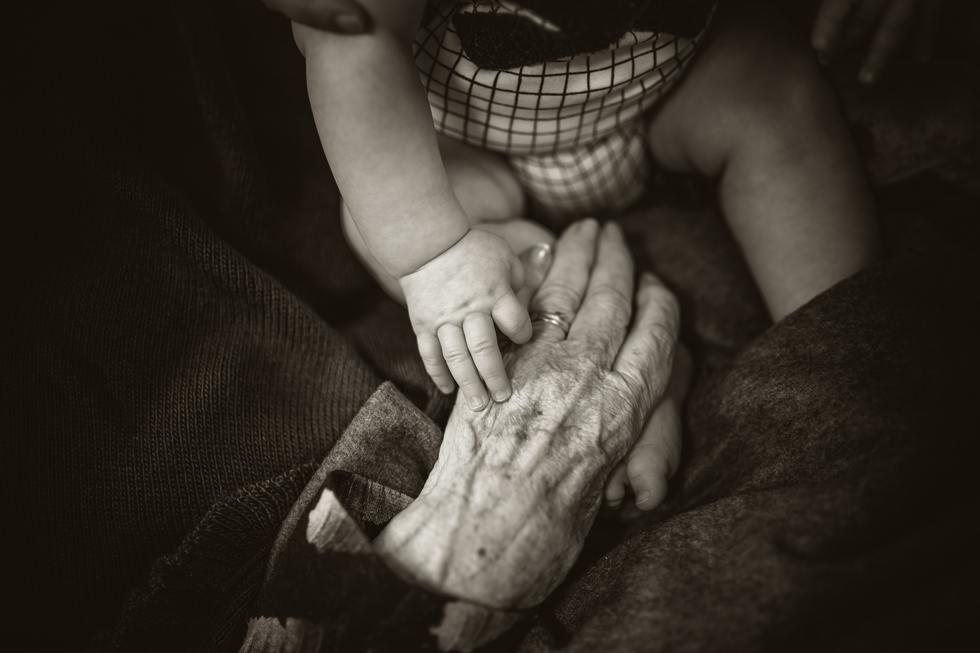MARCH 5, 2021
What Happens if a Named Beneficiary in My Will Dies Before Me?

Once you have established your estate plan, it is important to ensure it remains sound by revisiting it at regular intervals or at key life events. One important reason is that if you fail to account for the death of someone named as a beneficiary in your will, upon your death, your estate may face significant problems as a result. Here is what can happen.
If a named beneficiary predeceases you, the bequest can lapse.
Your will may include language such as “I give 50 percent of my estate to my son if he survives me.” However, if your son doesn’t live longer than you and isn’t alive to receive his share, his share will lapse. Your son’s 50 percent share legally ceases to exist because he is not alive to accept it.
This would not be an issue if your son were not married or had children at the time of his death. But if he was married and had children, the language “if he survives me” used in your will could prevent his legal heirs from inheriting his share.
If a named beneficiary predeceases you, their share may transfer to the residuary estate.
The residuary estate encompasses all the assets that remain after the specifically devised assets have been distributed and all debts have been paid. In other words, the residuary is what remains after all specific bequests (i.e., specific gifts of money or property to specific parties) have been distributed, and all taxes and debtors’ claims are satisfied.
Using the language above, if you gave 50 percent of your estate to your son and the remaining 50 percent to your daughter, your daughter will now inherit 100 percent at the time of your death because your son’s shares would have lapsed when he died. Therefore, if your son had children, they would be left out of your will and will not inherit.
When should you update your will?
Chances are, if you live long enough, you will go through several life events that will require you to update your will. To avoid your bequests being distributed in a way you did not intend, you should update your will after a life event to spare your family the pain and frustration that can arise during the probate process.
The list below represents some life events that could necessitate changing or completely overhauling your will?
- Marriage or divorce
- The birth or adoption of a new child or grandchild
- When a child or grandchild becomes an adult
- When a child or grandchild needs educational funding
- Death or change in circumstances of the guardian named in your will for minor children
- Changes in your number of dependents, such as the addition of caring for an adult
- Change in your or your spouse’s financial or other goals
- Illness or disability of your spouse
- Change in your life or long-term care insurance coverage
- If any family member passes away, becomes ill, or becomes disabled
- Death or change in circumstance of your personal representative, guardian, or trustee nominated in your will
Reviewing and updating your plan at regular intervals and major life events can help ensure your estate is passed on per your wishes and that your beneficiaries receive their benefits in a smooth and timely manner.
Give us a call today to review your existing estate plan or create a new one. Doing so can ensure your wishes will be as clear and unambiguous upon your death as you intended them to be during your life.
Stay up to date
Subscribe to our newsletters
Subscribe to one or more of our newsletters, delivering meaningful insight on topics that matter to you and your family.





